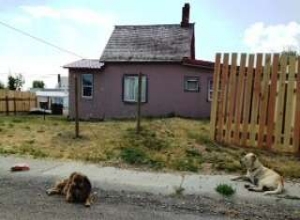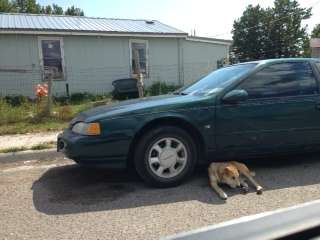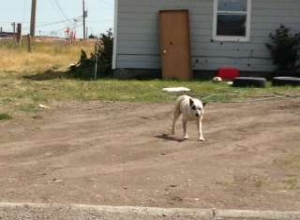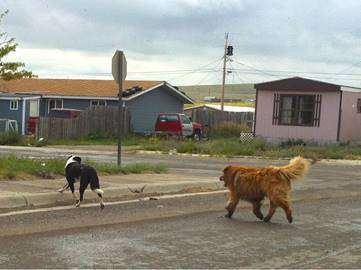
Dogs and Families in a Northern Plains Tribe
Free-roaming dogs, often in large numbers, are a common phenomenon on many American Indian reservations. This collaborative research project focused on the relationship between families and dogs, both at home and in the community. This project was funded by the National Institute of Child Health and Human Development (NIH/NICHD R03 HD070668-01, P. Spicer, PI) and had a specific focus on the meaning of dogs to children. The project had three components: Community observations, focus groups, and family interviews. Contemporary relationships between people and dogs were complex and multifaceted, extending far back into the pre-contact past when human survival itself depended on the dog. Overall, the community very much desired dogs and viewed them positively, with their role as protector highly valued on nearly every level. Despite the power of dogs in the traditional belief system, their ubiquity as part of the backdrop of the daily life of family and community, and strong emotional connections with individual dogs, the problematic side of dogs was much in evidence. Participants made clear the serious threat of dog attacks to both humans and other dogs, and the inhibiting role this could have in community life. This project made clear the need for further exploration of dog aggression and dog bite prevention in future research efforts.
Paul Spicer, PI; Lori L. Jervis, Co-PI





